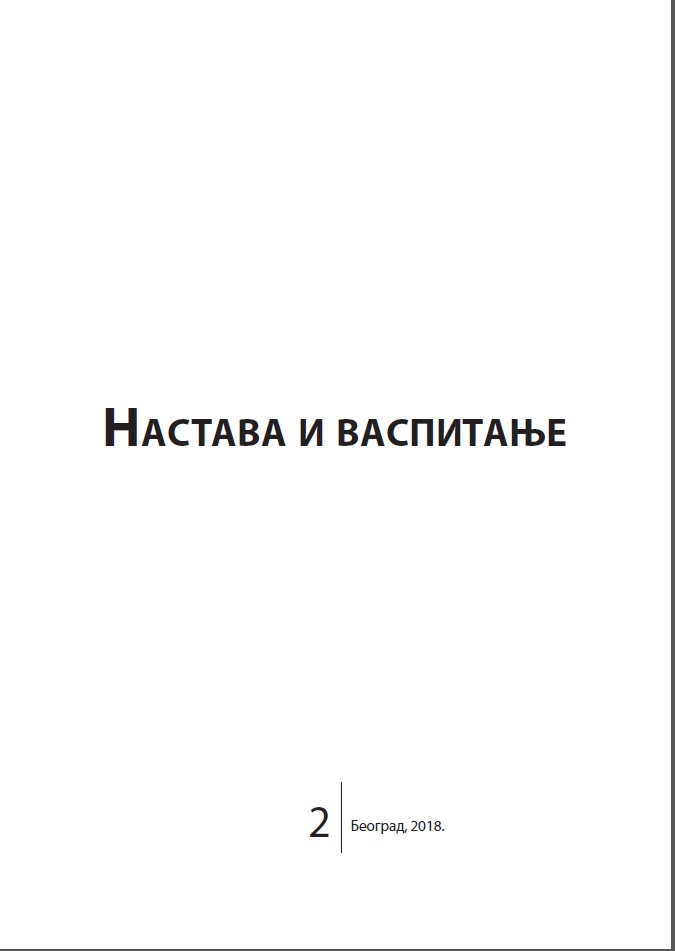ПРИЈЕМЧИВОСТ ЗА КЊИЖЕВНОСТ У СТАРИЈИМ РАЗРЕДИМА ОСНОВНЕ ШКОЛЕ: РАЗВОЈ УПИТНИКА, ЊЕГОВА СТРУКТУРА И КОРЕЛАТИ
AFFINITY FOR LITERATURE AMONG 5th-8th GRADE PRIMARY SCHOOL STUDENTS: THE DEVELOPMENT OF A MEASUREMENT INSTRUMENT, ITS STRUCTURE AND CORRELATES
Author(s): Filip Nenadić, Ilija Milovanović, Milan OljačaSubject(s): Education
Published by: Педагошко друштво Србије
Keywords: affinity;literature;personality traits; Affinity for Literature Questionnaire; school age
Summary/Abstract: Although a significant part of Serbian language education in schools is devoted to the study of literary texts, an overview of the relevant literature on the subject points to a lack of research into students’ attitudes to literature, the correlates of these attitudes, and the effects of school curricula on students’ behavior. The aim of our study was to explore the latent structure of the construct of affinity for literature, as well as to determine how it relates to students’ gender and personality traits. The survey sample consisted of 544 5th to 8th grade students (60.3% female), aged 11-15, in primary schools in the Serbian autonomous province of Vojvodina. The students were asked to complete the Affinity for Literature Questionnaire for children (UPK-D) and the short version of The Big Five Plus Two Questionnaire (VP+2) for children. The results indicate the adequacy of the questionnaire’s bifactoral solution, with three correlated factors (Lack of Interest, In-Depth Reading and Immersion in the Text) and one general factor. In addition, the study points out the specific constellation of the relationship between the questionnaire and personality traits, age differences in favor of older students, and gender differences in favor of girls. The UPK-D questionnaire was found to be an adequate and valid instrument for use with primary school students, and can therefore be used by teachers, psychologists and educationalists in advisory work with students from vulnerable groups.
Journal: Nastava i vaspitanje
- Issue Year: 67/2018
- Issue No: 2
- Page Range: 267-283
- Page Count: 17
- Language: Serbian

